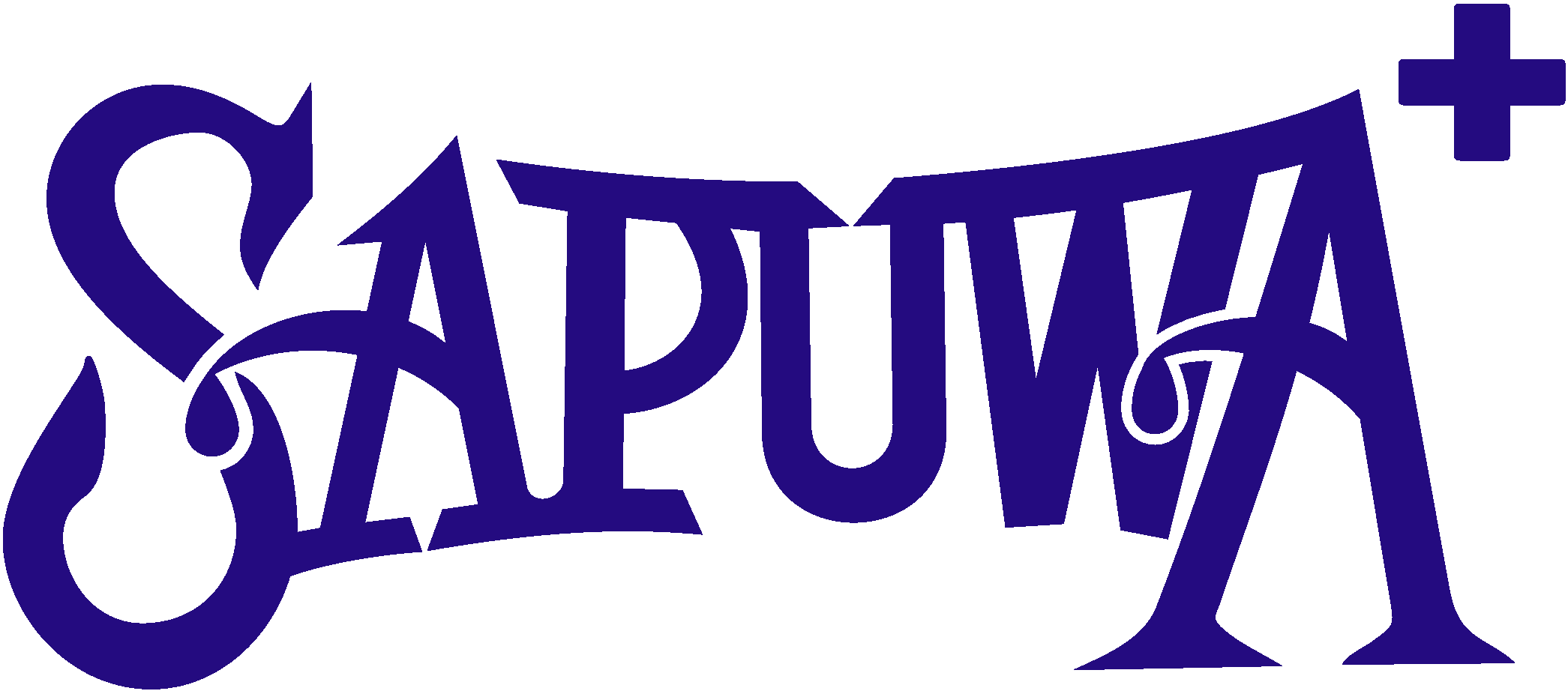Does Drinking Water at Certain Times Of The Day Maximize Its Health Benefits?
Brief Analysis
It is certainly true that drinking adequate water is very important for overall health. However, there is no credible evidence to suggest that drinking water at certain times of the day will provide the particular health benefits specified in this message. Staying well hydrated can help maintain overall health and may thereby help avoid serious health outcomes such as heart attacks and stroke. But, this is true at any time of the day. The supposed cardiologist is not named and the message contains no references. And the information did not come from the Mayo Clinic as claimed in some versions of the message. (Please review the detailed analysis below for a more comprehensive discussion on the issue).
Example
Subject: Fw: When to Drink Water - From a Cardiac Specialist
Correct Time to Drink Water....Very Important.
This is interesting!! I knew you need your minimum water to flush the toxins out of your body, but this was news to me.
Correct Time to Drink Water....Very Important
From A Cardiac Specialist!
Drinking water at certain time maximizes its effectiveness on the body:
2 glasses of water after waking up - helps activate internal organs
1 glass of water 30 minutes before a meal - helps digestion
1 glass of water before taking a bath - helps lower blood pressure
1 glass of water before going to bed - avoids stroke or heart attack
Please pass this to the people you care about......
Detailed Analysis
According to a "health tip" that circulates via email, the blogosphere and social media outlets, drinking water at certain times of the day can maximize the water's effectiveness and provide very specific and immediate health benefits. According to the message, drinking water after waking up helps activate internal organs, drinking water before meals aids digestion, and drinking water before a bath lowers blood pressure. The message further claims that by drinking water before bed people can avoid heart attacks and strokes. Supposedly the information comes courtesy of a cardiac specialist.
Of course, water is vital for our health and ensuring that we drink enough water to stay well hydrated can certainly have important and ongoing health benefits. However, there is no credible evidence to support the claims that drinking water at certain times of the day will lead to the specific health outcomes outlined in the message. I discuss each of the message's claims in turn below:
Claim - "2 glasses of water after waking up - helps activate internal organs":
This claim is virtually meaningless. What specific internal organs is it referring to? And one would hope that our organs continue to be active even when we sleep. If not, then a glass of water is unlikely to help us. Given that, after waking, we might not have had liquids for several hours, drinking water early in the morning may help rehydrate us and make us feel better. As at any other time of the day, drinking adequate water in the morning maycontribute to overall good health. But, drinking water when we wake up is certainly not required to "activate" our internal organs. That claim is just silly.
Claim - 1 glass of water 30 minutes before a meal - helps digestion
Drinking a glass of water 30 minutes before a meal is unlikely to have much effect at all on digestion. Water passes through your system quite quickly, so it is doubtful that one glass of water 30 minutes before eating would still be around in enough quantities and at the required point in the food digestion process to be of any significant help. In fact, even when water is taken with the meal itself, its impact on digestion is not likely to be very significant. Moreover, unless you have specific health problems or have a very poor diet, your body is likely to do a terrific job of digesting your food without any water at all. An article about the issue on boston.com notes:
Dr. Braden Kuo, director of the GI Motility Lab at Massachusetts General Hospital, says that drinking water is not necessary for digesting food, because the body is very efficient at secreting and reabsorbing its own fluids. At the first stage of digestion, drinking water can simply make it easier to swallow food, since most of us have difficulty swallowing when our food is not sufficiently moistened with saliva.
When the food reaches the stomach, water “may help to some degree, but its impact is moderate to minimal,’’ he says. He adds that having some extra fluid in the mix may help smooth the digestive process for those with constipation.
Ironically, another spurious Internet health tip falsely claims that drinking water after a meal can cause cancer.
Claim - 1 glass of water before taking a bath - helps lower blood pressure
Drinking water before a bath - or at any other time for that matter - does NOT lower blood pressure. Biomedical researcher Judith Airey, PHD notes:
So the bottom line is that, generally, increasing the amount of water that is consumed will not increase the amount of sodium lost by the blood, so blood pressure will not be lowered.
In fact, drinking water can actually cause a very short term increase in blood pressure in some people, particularly those with some types of very low blood pressure. This is only temporary and has no long term impact on blood pressure.
Keeping hydrated is good for health, but overhydration has no benefit for lowering blood pressure.

Other medical sources also concur that water can raise rather than lower blood pressure. A Vanderbilt University Medical Center newsletter article explains:
Researchers at Vanderbilt University Medical Center have shown that ordinary water -- without any additives -- does more than just quench thirst. It has some other unexpected, physiological effects. It increases the activity of the sympathetic -- fight or flight -- nervous system, which raises alertness, blood pressure and energy expenditure.
David Robertson, M.D., and colleagues first observed water's curious ability to increase blood pressure about 10 years ago, in patients who had lost their baroreflexes -- the system that keeps blood pressure within a normal range.
Moreover, unless you have significant problems with hypertension, why would it be necessary to lower your blood pressure before having an ordinary bath? In fact, soaking in a hot tub may actually lower the blood pressure of healthy people. So, it is difficult to see any health benefit at all in lowering your blood pressure before having a bath. Given that a hot bath might lower your pressure anyway, taking steps that cause your blood pressure to go even lower might actually have negative health impacts for some people. And, in an article titled "Hot Tub and Sauna Use and High Blood Pressure", the American Heart Association notes:
Hot tubs and saunas pose no risk to healthy people as long as they are not misused. People with high blood pressure should tolerate saunas well as long as they are not experiencing a hypertensive crisis.
Claim - 1 glass of water before going to bed - avoids stroke or heart attack
Ah, if only life was so simple. Of all the claims in the message, this is the most nonsensical. If preventing strokes and heart attacks were as simple as drinking water before bed, those duel killers and maimers would be pretty much a thing of the past. The supposed remedy is not listed on any credible heart or stroke prevention website. The claim is inaccurate and misleading. Drinking a glass of water before going to bed certainly will not prevent a heart attack or stroke.
But, again, drinking water and staying well hydrated throughout the day can help keep you healthier and perhaps therefore make it a little less likely that you will have a heart attack or stroke. The American Heart Association notes:
Keeping the body hydrated helps the heart more easily pump blood through the blood vessels to the muscles. And, it helps the muscles remove waste so that they can work efficiently.
“If you’re well hydrated, your heart doesn't have to work as hard,” said John Batson, M.D, a sports medicine physician with Lowcountry Spine & Sport in Hilton Head Island, S.C., and an American Heart Association volunteer.
Dehydration can be a serious condition that can lead to problems ranging from swollen feet or a headache to life-threatening illnesses such as heat stroke.
The message claims the the information comes from a cardiac specialist.. However, the alleged specialist is not identified. Nor does the message reference any credible medical sources to support its claims. The message is reminiscent of other spurious health tips that circulate via email including one that claims that an unnamed cardiologist has recommended a dubious technique known as cough CPR.
Another, longer, version of the message falsely claims that the information came from the Mayo Clinic and includesmisleading and potentially harmful advice about the use of aspirin and heart attacks.
Source:http://www.hoax-slayer.com/
Collected by Nhu-Vu SAPUWA
Relative post
- SAPUWA AT THE TẾT BÍNH NGỌ 2026 BOOK STREET FESTIVAL – SPREADING GREEN ENERGY IN THE SPRING ATMOSPHERE OF HO CHI MINH CITY
- RESET YOUR BODY AFTER TET: THE IMPORTANCE OF DRINKING PURIFIED WATER EVERY DAY
- Binh Ngo Lunar New Year 2026 – A Fresh & Peaceful Spring with SAPUWA
- OFFICIAL ANNOUNCEMENT LUNAR NEW YEAR (BINH NGO) HOLIDAY SCHEDULE 2026 OF SAPUWA
- SAPUWA HONORED TO RECEIVE A LETTER OF APPRECIATION FROM THE PEOPLE’S COMMITTEE OF DUC NHUAN WARD
- SAPUWA HONORED AS A TYPICAL INNOVATIVE ENTERPRISE IN 2025 – AFFIRMING A SUSTAINABLE DEVELOPMENT JOURNEY
- Sapuwa Year End Party 2025 – A Spectacular Milestone Closing a Brilliant Year and Opening a Sustainable Future
- Sapuwa Has Participated in the Consumer Stimulus Fair in Thong Tay Hoi Ward – Spreading the Spirit of Green Consumption and Connecting the Business Community
- APUWA PARTICIPATES IN THE CONSUMER STIMULATION PROGRAM & WELCOMES THE NEW YEAR 2026 – SPREADING SAFE DRINKING WATER VALUES TO THE COMMUNITY
- SAPUWA HONORED TO RECEIVE A LETTER OF APPRECIATION FOR POSITIVE COMMUNITY CONTRIBUTIONS
- SAPUWA PARTNERS IN AN EVENT COMBINED WITH A WATER DONATION PROGRAM
- SAPUWA PARTNERS WITH OLP, OLPai, PROCON & ICPC 2025 Connecting Businesses with Technology Talent – Advancing Innovation and Digital Growth








 0
0


